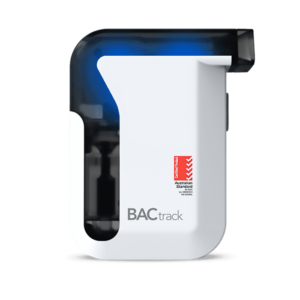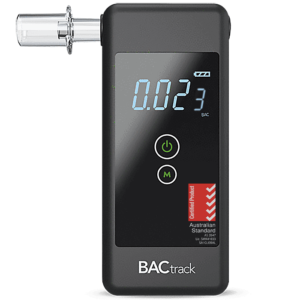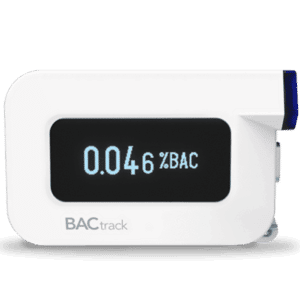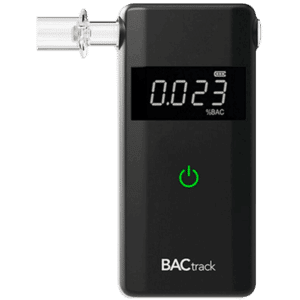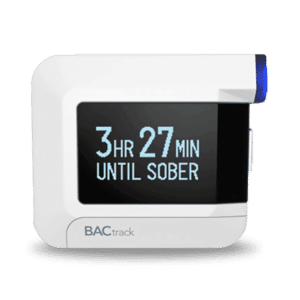Integrity Drug and Alcohol Testing: Overview
04 January, 2024

Integrity drug and alcohol testing is a reliable service that helps companies maintain a safe workplace environment. This service includes various types of tests such as saliva, urine, and breath tests. These tests can detect the presence of drugs and alcohol in employees. This ensures that they are fit to work and reduces the risk of accidents or incidents caused by substance abuse. A positive test result has implications for the employee.
Substance abuse poses a significant health and safety concern in various industries. It can potentially affect judgment, perception, reaction time, and motor skills. Consequently, employees working under the influence of alcohol or drugs pose safety risks in the workplace. This prompted many companies to create a drug and alcohol policy to minimise these risks. This article provides information on the integrity alcohol and drug testing, including the various types of tests and legal requirements.
What is an Integrity Drug and Alcohol Testing?
Integrity drug and alcohol testing is a service that helps companies ensure workplace safety. It aims to detect the presence of drugs and alcohol in the system of an individual. Therefore, these tests can identify employees who may pose safety risks while working.
Employers utilise workplace testing as part of their company policy. This policy outlines the guidelines and restrictions on drug and alcohol usage. It often includes prohibiting the possession or consumption of these substances during working hours. Likewise, it forbids employees to come to work under the influence of drugs and alcohol. Moreover, the policies set the consequences if an employee violates the rules.
Moreover, workplace drug and alcohol testing helps companies meet the regulatory requirements for workplace safety. Australian businesses have a duty of care towards their employees and are responsible for providing a healthy and hazard-free environment. Therefore, they can be accountable for any untoward incidents. Implementing drug and alcohol policies not only demonstrates compliance but also helps protect from potential legal issues.
Benefits
- Identify suitable candidates for the job: pre-employment testing is a standard requirement for positions with safety-critical roles. It helps employers determine if an applicant has risky or abusive behaviours.
- Confirm post-accident: testing determines if drug or alcohol use is a factor that leads to an incident.
- Minimise hazards: blanket or random drug testing helps determine employees with current impairments and prevents them from operating heavy machinery and other sensitive tasks.
- Confirm reasonable suspicion: administering the test on an individual displaying visible signs of impairment or intoxication.
- Confirm post-accident: testing determines if drug or alcohol use is a factor that leads to an incident.
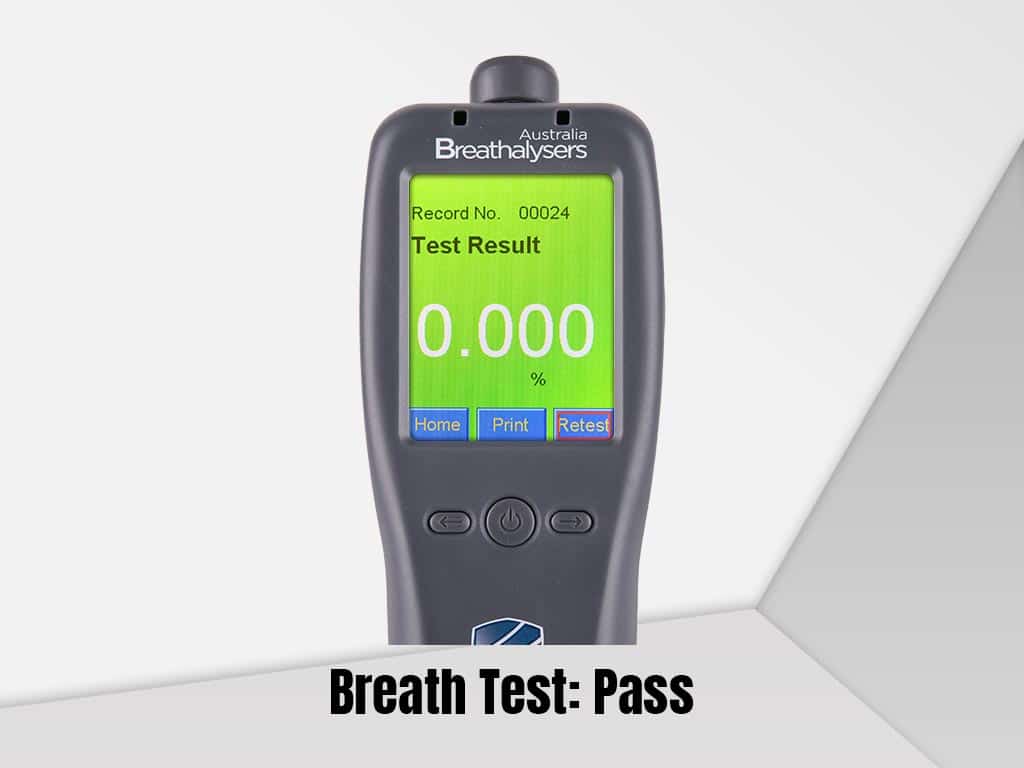
Types of Integrity Drug and Alcohol Testing
There are three types of Integrity drug and alcohol testing. Firstly, saliva drug testing involves collecting a sample of saliva from the mouth and testing it for the presence of drugs and alcohol. This type of testing is non-invasive and can detect recent or current drug use. Moreover, drug testing using saliva is quick, with results available in as little as five minutes.
Secondly, breath testing, utilising a breathalyser, measures the alcohol concentration levels in the breath sample. This method actively assesses whether a person is under the influence of alcohol at the time of testing. As a result, it is a common choice for workplace settings and roadside checks.
Lastly, urine testing involves collecting a urine sample and testing it for the presence of illegal drugs and alcohol. It can detect drug use over a longer period compared to saliva or breath testing. However, it needs restroom facilities and, for some people, can make them feel uncomfortable. It is important to note that each type of testing has its advantages and limitations.
How to Conduct
In a saliva test, the individual employs a small collection device, rubbing it beneath their tongue and around their gums. Subsequently, the collected sample is inserted into an analysing unit where it undergoes testing for specific drugs.
For a urine drug test, the person provides a urine sample, usually in a cup. The collected sample is then analysed for the presence of drugs or alcohol. In breath alcohol tests, a person uses an alcohol breathalyser by blowing into a mouthpiece. The breathalyser then shows the Blood Alcohol Concentration (BAC) of the person on its LCD screen.

Legal Requirements for Integrity Drug and Alcohol Testing
There are legal requirements for integrity drug and alcohol testing. Firstly, privacy laws. Companies must ensure that only associated personnel have access to sensitive information. This includes the alcohol and drug test results. Failure to protect employee privacy can result in legal consequences for the company.
Secondly, consent laws. Employers must obtain consent from individuals before conducting testing. This is done through consent forms, which must state information, such as the types of tests they will use and what substance they will test for. Typically, they incorporate this information in the job posting. This provides applicants time to prepare for the test.
Thirdly, discrimination laws. All applicants must complete the same process and undergo the same testing method to ensure fairness among all candidates. Companies must hire accredited service providers who follow strict protocols and meet the Australian standards for testing. However, if the applicant has certain medical conditions that could affect a specific test, they may inform the employer to avoid false positive results.
Implications of Positive Results
Positive results have implications for maintaining healthy work practices. Therefore, it is crucial to undergo confirmatory testing before making decisions. The employer must observe certain procedures if an employee fails the test. This depends on the drug and alcohol policy and applicable laws. A human resource personnel privately talks to the concerned individual.
The employer imposes disciplinary actions, which can range from a warning or suspension to termination of employment. These consequences depend on the severity of the offence or violation. Additionally, the test result can be used as evidence in court if an injured employee files for negligence claims.
Conclusion
In conclusion, integrity drug and alcohol testing helps companies maintain a safe workplace by detecting drugs and alcohol in employees. Employers enforce policies to prevent substance use during work hours, ensuring compliance and reducing safety risks. Three testing methods, saliva, breath, and urine, offer varying detection periods and convenience. Saliva testing is quick and non-invasive, suitable for detecting recent drug use. Breath testing measures alcohol levels in the breath. Urine testing can track longer-term drug use.


















